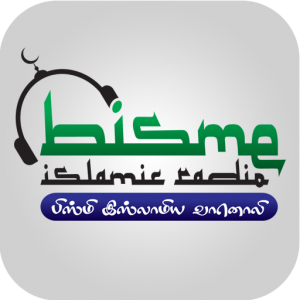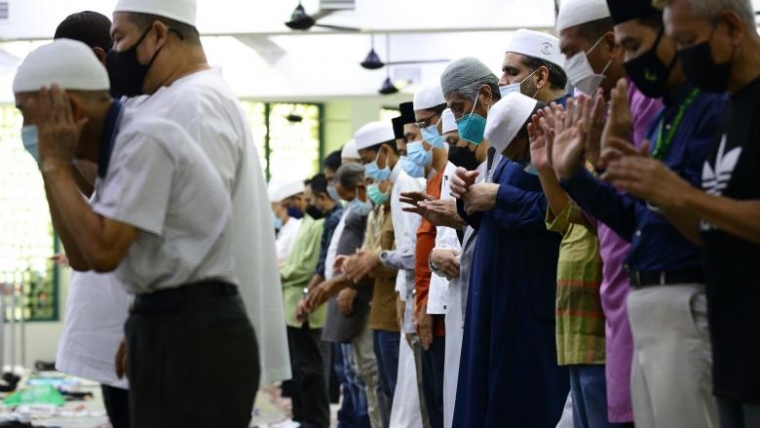SINGAPORE – Muslims who are unvaccinated against Covid-19 due to health reasons must replace their customary congregational Friday prayers with individual daily prayers as their presence could put themselves and others at risk.
The Islamic Religious Council of Singapore (Muis) said on Saturday (Jan 29) that its Office of the Mufti has issued an updated religious advisory regarding congregational prayers in mosques, where Friday prayers are typically performed.
Muis said that the advisory spells out how those who are unwell or are unvaccinated due to health reasons should protect themselves and others from harm by replacing their Friday prayers with the daily midday prayer.
“This includes individuals who are immuno-compromised due to a weakened immune system, suffering from a chronic disease, or being medically ineligible for the vaccine,” said Muis.
The council added that this replacement also applies to those who are vaccinated but are unsuccessful in securing a slot to perform their Friday prayers every week due to limited prayer spaces.
It noted that congregants can still do their daily individual prayer at mosques here.
But all Muslim men should take the necessary steps to enable them to perform their Friday prayers, said Muis. This includes completing their vaccination status, which involves taking multiple doses of the Covid-19 vaccine, and registering for a slot for each week’s Friday prayers.
Muis’ fatwa committee – a group of senior Muslim scholars who decide on religious rulings here – had in June 2020 issued a ruling spelling out how those who are vulnerable and at a higher risk of contracting the virus, as well as those who are unable to secure a prayer slot at the mosques, could similarly replace Friday prayers at the mosque with their daily prayers.
Both Muis and mosques here will continue to monitor the Covid-19 situation and make further adjustments where needed, said the council.
“We seek the support and understanding of the Muslim community to safeguard public health as we perform our religious obligations in our mosques.”





